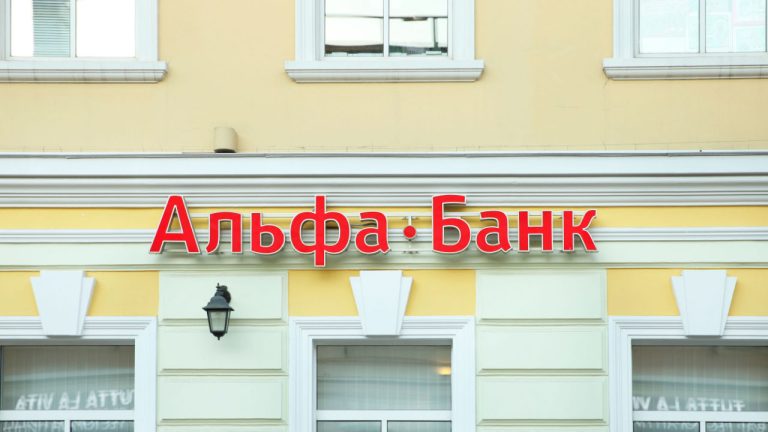
Alfa-Bank, one of the major Russian banking institutions, has established its own platform for digital financial assets. The launch became possible after Russia’s monetary authority added Alfa-Bank to its register of digital asset issuers this week.
Privately-Owned Alfa-Bank Sets Up Digital Asset Platform With Central Bank’s Permission
Russia’s Alfa-Bank has launched ‘A-Token,’ a platform allowing the issuance of digital financial assets (DFAs), the business news portal RBC reported, quoting its Director of Innovation Denis Dodon. The bank was able to do so after the Bank of Russia announced its registration as a DFA issuer on Thursday.
The authorization makes Alfa-Bank, which is the country’s biggest private bank, the second-largest banking institution that can mint digital coins, after the state-owned Sberbank, which is the largest bank in the Russian Federation in terms of assets.
The list of licensees also includes the fintech company Lighthouse, which is cooperating with VTB bank, and the tokenization service Atomyze, which is working in partnership with Rosbank. These have already issued various digital assets. Sberbank is preparing to launch a defi platform as well.
Alfa-Bank plans to issue its own DFAs on the new platform, with a pilot release scheduled for the end of February. It also wants to provide its infrastructure to other market participants. The bank hopes to work with both investment companies and private investors and A-Token will be accessible through its mobile app.
Dodon further explained that the platform will issue two types of financial instruments — DFAs equivalent to traditional financial instruments in the form of monetary claims and entirely new investment instruments, including tokenized physical assets such as precious metals.
Alfa-Bank announced its intentions to create an infrastructure for DFAs in September, 2022. Their issuance in Russia is regulated by the law “On Digital Financial Assets” which went into force in January, 2021. While this legislation is mostly devoted to digital assets that have an issuer, Russian authorities have been also developing a legal framework for decentralized cryptocurrencies like bitcoin.
Crypto payments have been considered in Moscow as a way to circumvent Western financial restrictions imposed over the war in Ukraine and a digital ruble is also in the making. Both Alfa-Bank and Sberbank have been placed under sanctions by the U.S. Treasury Department and Russian access to crypto assets has been targeted by the European Union.
Do you expect other Russian banks to launch digital asset platforms in the future? Tell us in the comments section below.
#Finance, #AlfaBank, #BankOfRussia, #CentralBank, #Crypto, #Cryptocurrencies, #Cryptocurrency, #DFA, #DFAPlatform, #DFAs, #DigitalAssets, #DigitalFinancialAssets, #FinancialInstruments, #Issuance, #Issuers, #Platform, #Register, #Registration, #Restrictions, #Russia, #Russian, #Sanctions, #Sberbank